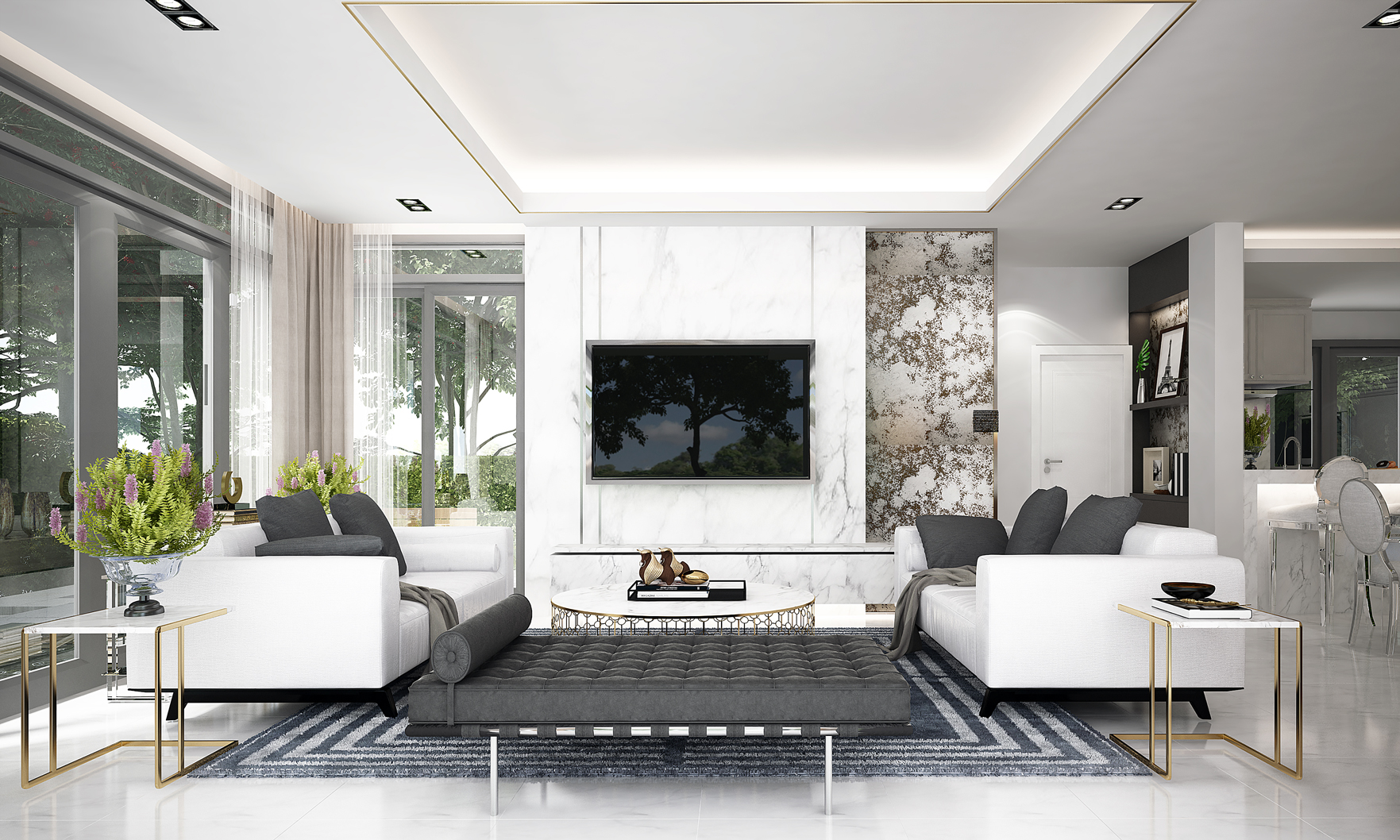What’s happening with Chicago’s luxury market since the onset of the novel coronavirus pandemic? It depends on how you look at it.
Raw numbers don’t necessarily paint the most accurate picture, but Midwest Real Estate Data’s most recent sales figures show the luxury market holding its own through the pandemic, so far.
Sales of detached homes priced over $999,000 are not doing as well as their counterparts at the lower end of the market. The median sales price for luxury homes was down 3% year over year in April to $1.26 million, though they were up 1% from last month. That’s compared to an increase of 9.4% year over year and 5.5% sequentially for detached homes under $999,000.
The number of homes sold in Chicagoland took a dive in April for both luxury and nonluxury sectors and at rates that closely mirror one another, although luxury home sales took a slightly bigger hit. Ninety-five luxury homes were sold in April, down 37% from March 2020, while nonluxury sales dropped 30% over the same period. Year-over-year, luxury dropped 49% and nonluxury was down 41%.
The difference between luxury and nonluxury detached homes became more apparent when looking at the median number of days on the market, with the two sectors presenting nearly opposite trajectories. The median jumped 43% year over year for luxury homes to 133 days but was down 10% from the previous month. Nonluxury homes spent only 40 days on the market in April, up just 8% year over year but down 44% from March 2020.
Tommy Choi, leader of the Weinberg Choi Realty team at Keller Williams Chicago–Lincoln Park, said in an interview that, prior to the pandemic, the luxury market was already starting to soften, due in part to recent property tax increases in Cook County and the $10,000 cap placed on the state and local tax deductions. Then, luxury buyers really started to pull back in March as the stock market began to nosedive. Choi added that luxury real estate is likely to take a bigger hit in the recession because of the impact to buyers’ investment portfolios. “Some people said, ‘I’m not able to buy now,’ and some said, ‘I don’t want to buy because of how the finances are looking,’” Choi said.
And while luxury listings might be ahead of the curve because high-end sellers were more likely to utilize virtual tours, which have become more common with nonluxury listings during the pandemic, buyers spending seven figures on a property are going to want to see it first, Choi said. Having said that, Choi noted that his team has been putting together deals on sight-unseen properties. Also, a recent survey from the National Association of Realtors found that roughly one-fourth of members have sold a home sight unseen during the shutdown.
Jeff Lasky, CEO of the North Shore-Barrington Association of Realtors, said he’s not seeing a retreat from the marketplace as much as a postponement. “If this just delayed them, maybe in another month or two we’ll see an explosion in activity,” he said.
Interest rates are expected to remain low for the foreseeable future, he noted, which will also attract buyers. The luxury real estate market is different due to its exclusivity, which might help keep it afloat, Lasky said.
“What’s interesting to me that I hear from our agents is that luxury homes were never homes where you wanted to have millions of people streaming through them and having open houses,” he said. “These guys — the way they do business — they were prepared for this.”

Speaking of luxury, check out our new opportunity in Glen Ellyn. It will be gone June 12, come for a showing now!
https://www.conciergeauctions.com/auctions/1s415-sunnybrook-road-glen-ellyn-illinois